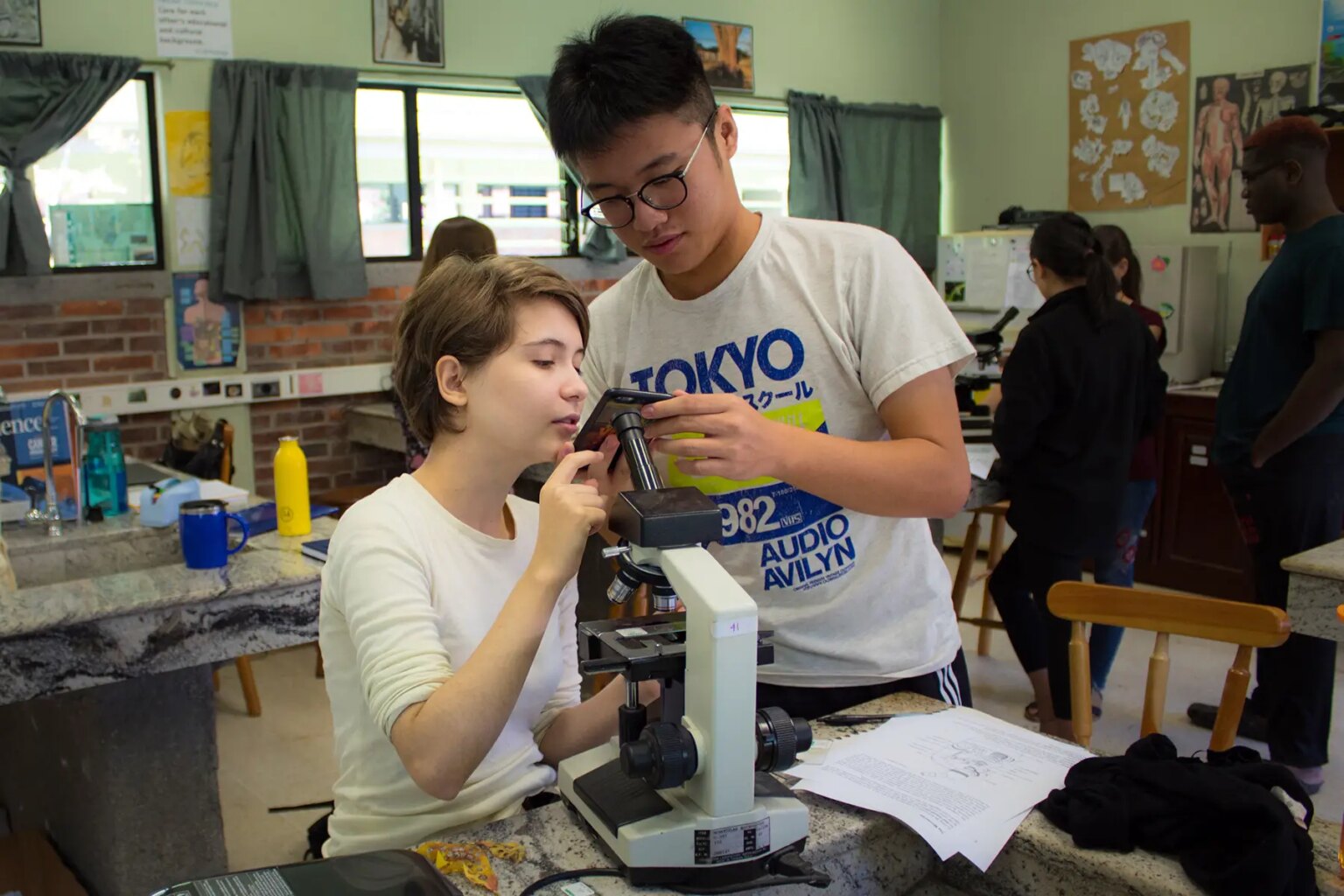Entrance to top universities has become increasingly competitive in recent years as more and more countries can afford to send their youth abroad to be educated. These trends mean that students need to prepare well in advance to achieve a quality place at a higher education institution. In some countries, students start early by learning a foreign language from kindergarten age. Achieving fluency in the language will ensure entrance to a foreign university.

As well as developing their academic ability, students who wish to study should consider developing soft skills, such as leadership, organization, self-management, community-mindedness, and communication; all of these are core elements of the International Baccalaureate (IB) diploma, a qualification that has steadily grown in popularity over the past ten years.
What is an IB diploma?
The International Baccalaureate, founded in 1968, is an international education program that is available to a global community of schools. The IB Organization offers three programs for students aged three to 19 years: the Primary Years Program, the Middle Years Program, and the Diploma. Each program places emphasis on developing the intellectual, personal, emotional, and social skills children need to live, learn, and work in a rapidly globalizing world.
Because of its international nature, the IB is often favored by students whose parents are expats. Across the world today, there are approximately 752,000 students at 2,732 schools in 138 countries following the IB Diploma program.
IB program for students of 16–19 years
The Diploma Program for students of 16 to 19 years is a demanding two-year curriculum. It leads to a qualification that is recognized by leading universities around the world.
The IB Diploma is enquiry-based. This is a method that encourages students to ask challenging questions, develop a strong sense of their own identity and culture, and develop the ability to communicate with and understand people from other countries and cultures.
The combination of qualities developed by the IB Diploma, including self-management and creativity, explains why the IB Diploma is considered a solid preparation for university-style learning. Over 60% of admissions officers in the United Kingdom claim that the IB develops self-management skills more effectively than more conventional curricula.
The IB program in schools
Schools teach the IB program either in English, French, or Spanish. Students can study six subjects selected from subject groups: three at the standard level and three at a higher level. This must include a second language, math, and science.

There are also three additional core requirements. First, students write an extended, 4,000-word essay on a topic of the student’s choice. Second, students take a course on the theory of knowledge, which explores the nature of knowledge across disciplines, encouraging an appreciation of other cultural perspectives. Third, students take a course on creativity, action, and service, which requires students to complete 150 hours of work outside of the classroom. This can include artistic pursuits, sports, and community service work.
IB Diploma’s popularity in Europe
The qualification has recently come to the forefront of the education agenda in the UK. It is also increasingly recognized by the world’s universities including those in many European countries.
- Belgium: Five schools offer the IB Diploma in Belgium. Since 1973, the qualification is equivalent to the Flemish secondary school leaving certificate. This allows IB students access to higher education in Belgium without restrictions.
- France: Eleven schools offer the IB Diploma in France. Since 1985, the qualification is one of the foreign diplomas that allow students access to French universities.
- Germany: Thirty-five schools offer the IB Diploma in Germany. However, certain conditions exist for IB Diploma students to allow them access to German universities. This includes minimum requirements for a foreign languages, math, and science.
- The Netherlands: Fourteen schools offer the IB Diploma in the Netherlands. There are additional entry requirements for IB students wishing to attend Dutch universities, though.
- Spain: Forty-six IB World Schools offer the IB Diploma in Spain. Since June 2008, the IB is equivalent to the Spanish high-school qualification.
- Switzerland: Twenty-seven schools offer the IB Diploma in Switzerland. Many Swiss universities accept the qualification, although they impose minimum entry requirements.
- United Kingdom: 190 schools offer the IB Diploma in the UK. However, British universities are autonomous; they set their own entry requirements for IB Diploma and A-level students.
In an internationally mobile world, the International Baccalaureate Diploma is a passport to achieving a globally competitive education. In addition to an international curriculum, the IB is believed to give students a genuinely international outlook, an understanding and appreciation of different cultures, and a sense of being a good global citizen. All of these qualities prepare youth for future study and employment all around the world.




